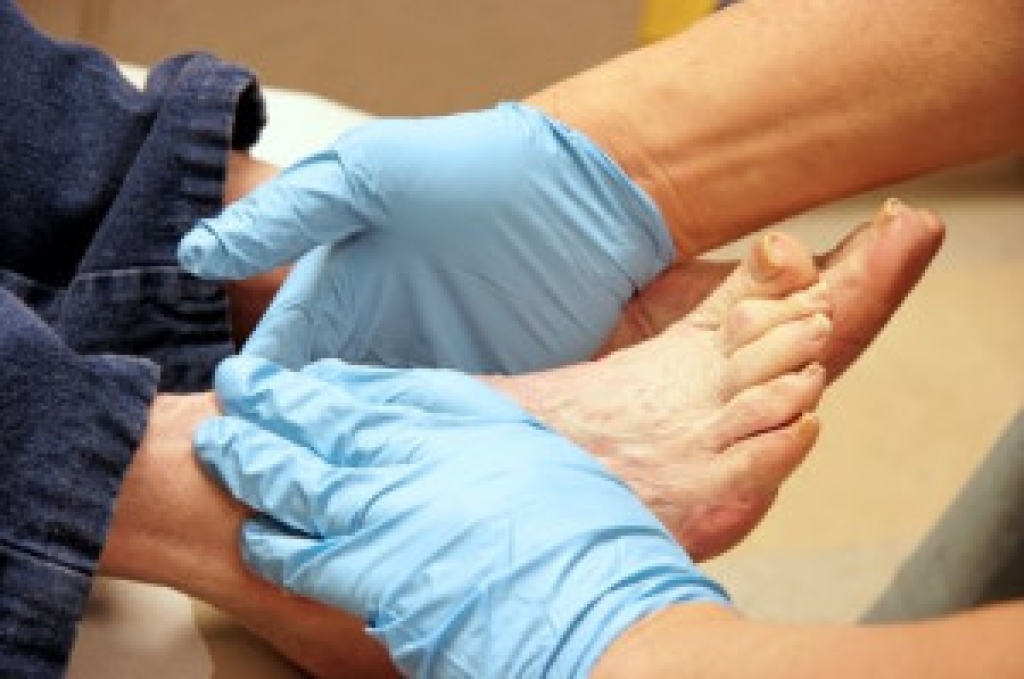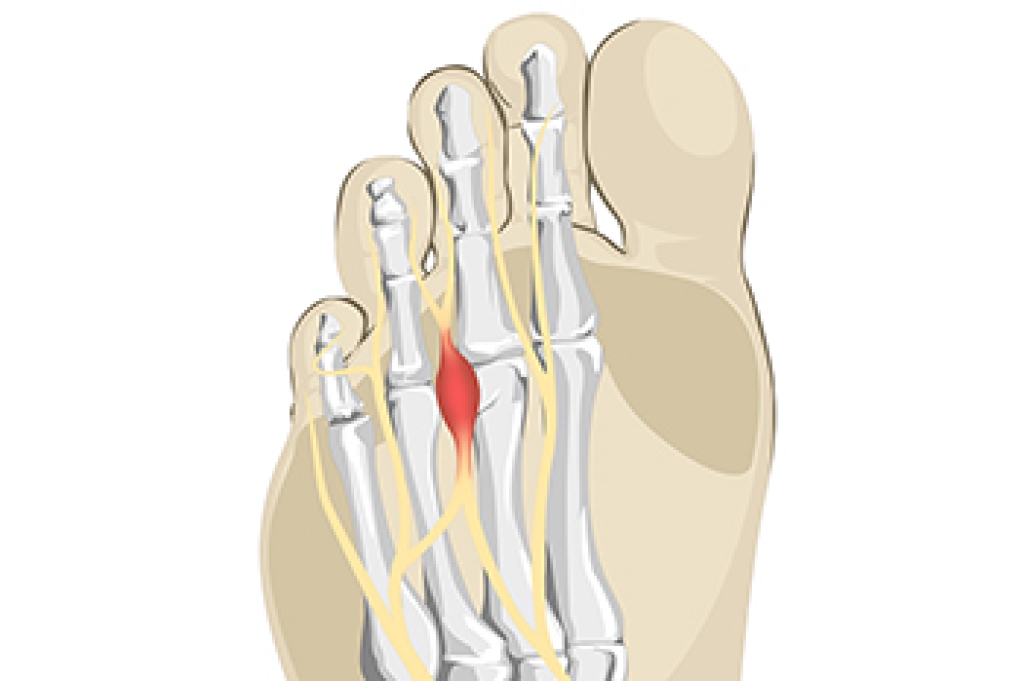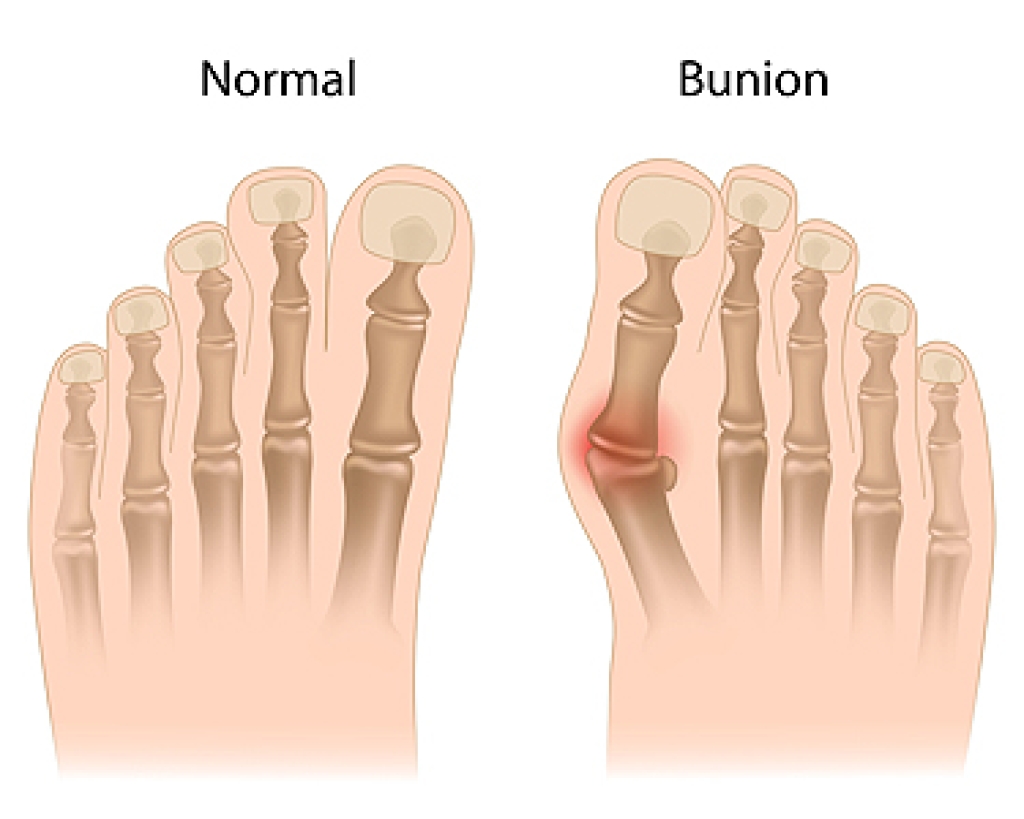
A diabetic foot ulcer is an open wound or sore that develops on the foot, commonly in individuals with diabetes. It is caused by a combination of poor circulation, nerve damage, and delayed wound healing. Symptoms include redness, swelling, drainage, and, in some cases, infection or foul odor. Among the risk factors are uncontrolled blood sugar, poor foot hygiene, wearing ill-fitting shoes, and a history of foot ulcers. Proper management involves keeping the wound clean, relieving pressure, and monitoring for infection. A podiatrist plays a critical role by providing wound care, custom footwear options, and education to prevent complications. If you have diabetes, it is suggested that you are under the care of a podiatrist who can help you to manage this serious condition.
Diabetic foot care is important in preventing foot ailments such as ulcers. If you are suffering from diabetes or have any other concerns about your feet, contact one of our podiatrists from Greater Boston Foot Care, PLLC. Our doctors can provide the care you need to keep you pain-free and on your feet.
Diabetic Foot Care
Diabetes affects millions of people every year. The condition can damage blood vessels in many parts of the body, especially the feet. Because of this, taking care of your feet is essential if you have diabetes, and having a podiatrist help monitor your foot health is highly recommended.
The Importance of Caring for Your Feet
- Routinely inspect your feet for bruises or sores.
- Wear socks that fit your feet comfortably.
- Wear comfortable shoes that provide adequate support.
Patients with diabetes should have their doctor monitor their blood levels, as blood sugar levels play such a huge role in diabetic care. Monitoring these levels on a regular basis is highly advised.
It is always best to inform your healthcare professional of any concerns you may have regarding your feet, especially for diabetic patients. Early treatment and routine foot examinations are keys to maintaining proper health, especially because severe complications can arise if proper treatment is not applied.
If you have any questions, please feel free to contact our office located in Plymouth, MA . We offer the newest diagnostic and treatment technologies for all your foot care needs.




